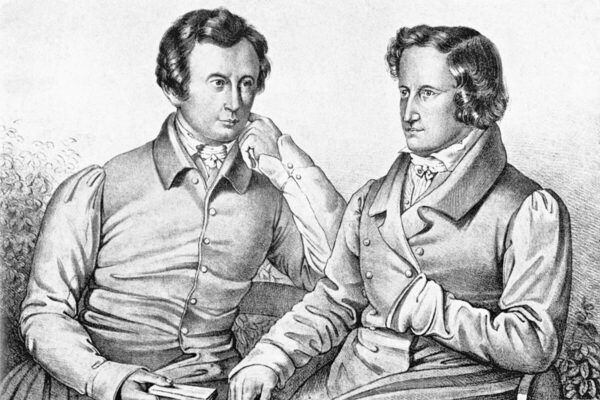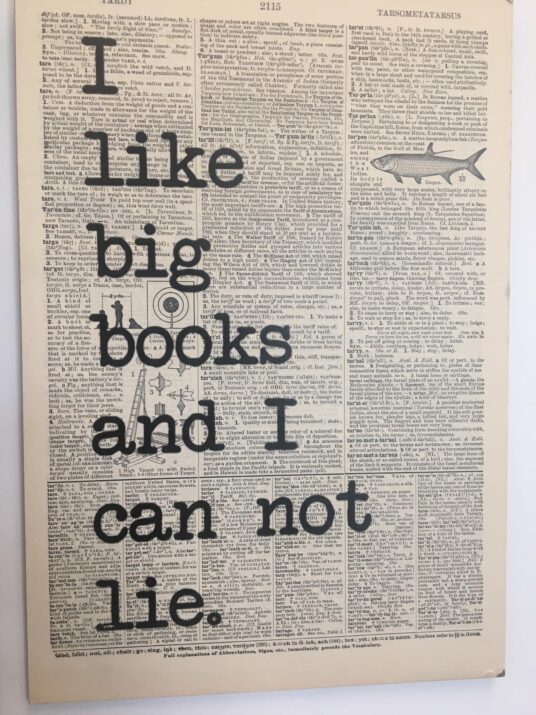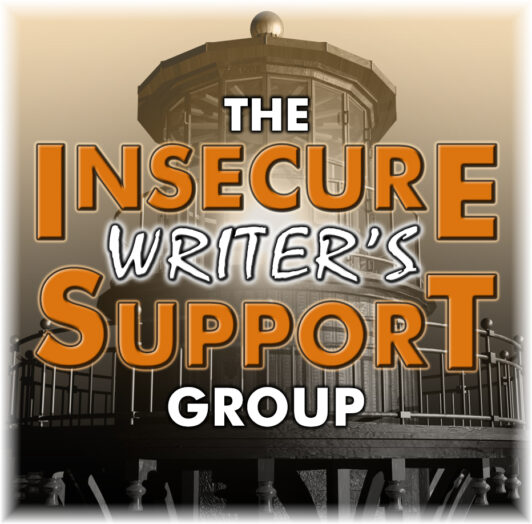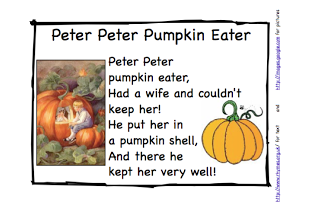Throughout my childhood – likely ages 4-14 – I holed up with a book, just as I’ve been doing this summer. Within the pages, I found shelter from the drama of two younger siblings with developmental disabilities. I was fortunate that my mother didn’t force me into slavery, as she sort of was, to help fulfill their mighty needs. Books also opened up worlds beyond the tiny town where there was little adventure for a young girl. Books were what my mother read to relax while the troubled sibs napped.
My mother was my role model.
Grimm’s Fairy tales and other flights of fancy, especially Lewis Carroll’s Alice in Wonderland and Through the Looking Glass were staples of my reading list. Here’s some info about those brothers Grimm, who was the Walt Disney of their day. More about Lewis Carroll later.

Jacob and Wilhelm Grimm didn’t write “Rapunzel” or “Snow White,” but popularized the tales among the masses. The German-born brothers attended college intending to become civil servants, but a pair of influential teachers changed their minds. The duo gave up a law career and began collecting literature that, they believed, emphasized the character of German culture and people. Their endeavor strikes me as a worthy civil service.
The brothers didn’t view themselves as writers, but as preservationists saving common tales from extinction. Published in 1812, their first edition contained 156 fairy tales, including “Hansel and Gretel,” “Rumpelstiltskin,” “The Elves and the Shoemaker,” and “The Fisherman and His Wife.” Disney Productions has purloined several for movie-length cartoons, including “Rapunzel” and “Snow White.”
Charles Lutwidge Dodgson, better known by his pen name Lewis Carroll, was an English author, poet, and mathematician. His most notable works are Alice’s Adventures in Wonderland and its sequel Through the Looking-Glass. Both books were/are lauded as triumphant games of language from page one through the end. The man was an inveterate puzzler, noted for his facility with wordplay, logic, and fantasy, which is why I read his books repeatedly. Gosh, what a dinner partner he would have been!
When I moved into my teens I switched to biographies of famous women, such as Amelia Earhart and Catherine the Great. This article from medium bolsters my self-image

What were your childhood reads? Please comment to tell –

https://www.insecurewriterssupportgroup.com
I mustn’t neglect to relate my rapture for nursery rhymes, too. As I got older I learned that many had political intent. Does anyone fathom the meaning of this one?



It’s great to see how reading shaped you and provided an escape in an otherwise trying time in your life. I’ve been a fantasy reader my whole life, spending my time in the pages of Goosebumps, Xanth, and Landover. One summer, I read 13 Piers Anthony novels, until I ran out of the books that were released at the time. I’d have to say it’s certainly impacted what I write now–with super power and magical creatures that can do the impossible.
Thanks for reading my blog and sharing your list – magical!
I loved seeing how books shaped you as a kid. I was a bookworm too and was reading adult books before high school. I loved reading biographies in grade school and junio high.
How nice to share affinity with a writer who, though we’ve never met, I admire. I guess the bookworm trait is a precursor to being a writer –
And most of their tales were much darker than what kids read now.
My favorite – The Mouse and the Motorcycle.
As an adult, I’ve come to realize the darkness and cruelty inherent in Grimm’s Fairy Tales – the nefarious wolf and his disguise to trick Red Riding Hood comes to mind, or witches shoved in ovens and/or tossed down wells! How ironic that the brothers’ name is Grimm (grim).
I now wonder why these tales didn’t foster nightmares for me. A wise middle-grade kid I was (wink-wink)
I wish I’d known The Mouse and the Motorcyle… A good gift for a grand kid – thanks.
I meant to read more about the Brothers Grimm because of the tales were far darker than what we end up reading as kids, and you reminded me of that! Fantasy was a huge part of my love of books growing up.
Thanks for connecting, Nicole. Do you write fantasy?